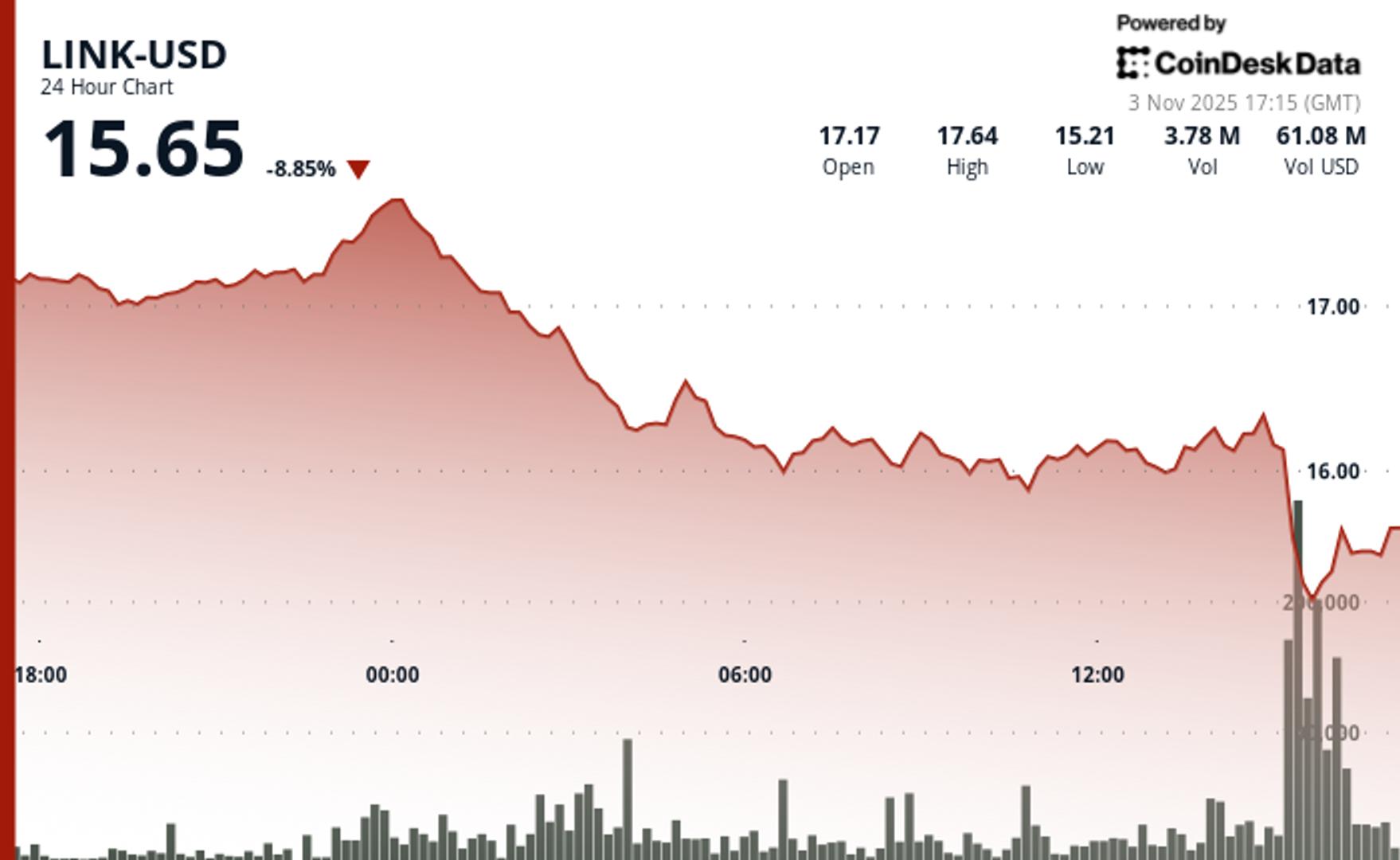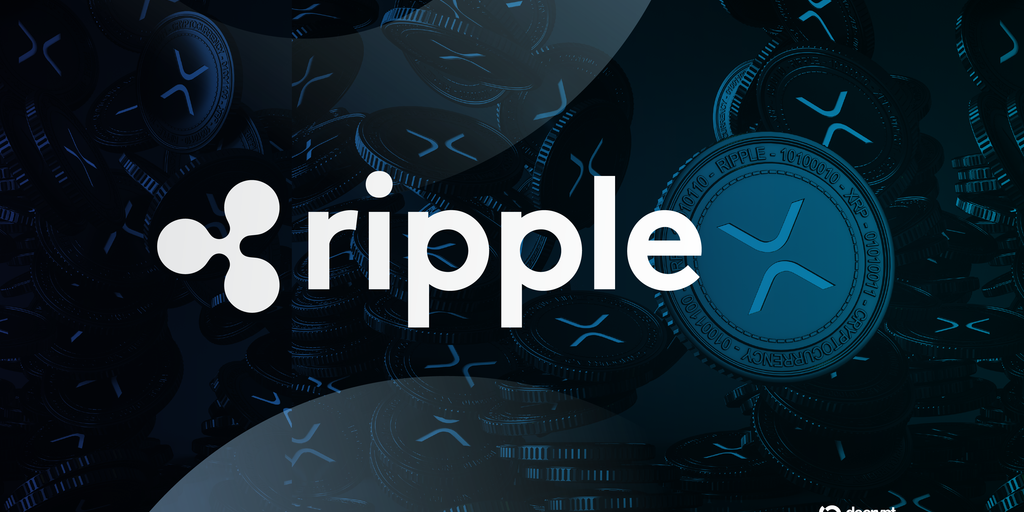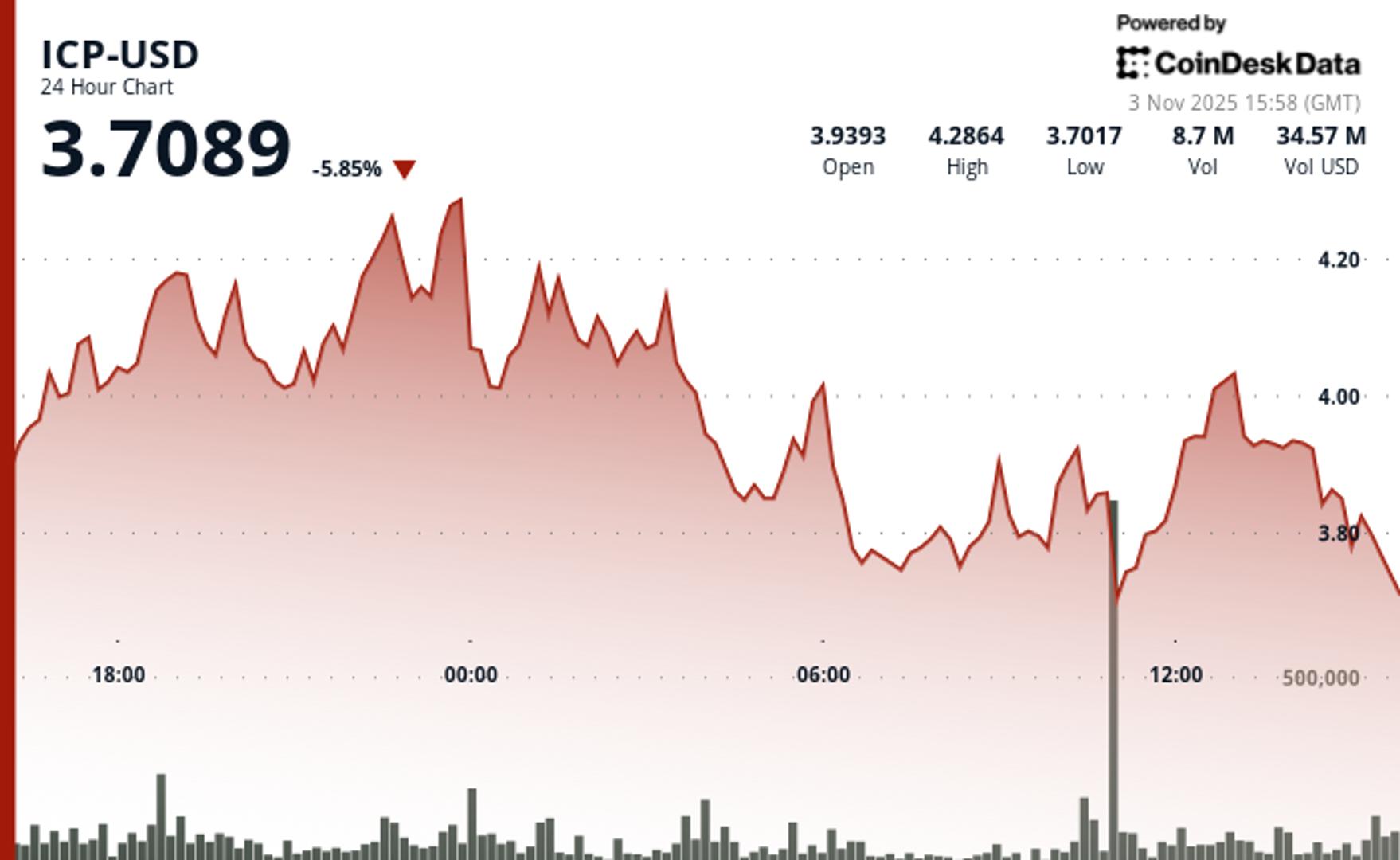In the final days of October 2025, Bware Labs confirmed what many developers feared: Blast API, one of the most widely used RPC providers in Web3, is shutting down.
The announcement, coming right before its planned acquisition by Alchemy, sent a ripple through the developer community. What seemed like a routine business move has turned into something deeper, a sign of how fragile yet essential the backbone of Web3 really is.
Centralization by Necessity, Not by Design
The RPC (Remote Procedure Call) layer is what allows decentralized apps to “talk” to blockchains. It’s the middleware that handles billions of requests daily, wallet balances, token transfers, and contract interactions.
Yet despite the decentralized ideals of crypto, this layer has become dominated by a few major players like Alchemy, Infura, and formerly, Blast. Their tools made blockchain development faster, but at the cost of dependency.
Many developers are viewing Alchemy’s acquisition of Blast as a sign of market consolidation. It simplifies access for enterprise clients but also reduces diversity in the infrastructure layer, something decentralization advocates have long warned against.
Developers React: A Search for Resilience
With Blast API going dark, developers are being forced to rethink their infrastructure choices. Some are moving directly to Alchemy, as Bware Labs suggested. Others are taking this moment to diversify their setup, balancing between multiple RPC providers or exploring more multi-chain options.
Platforms like NOWNodes have seen a surge in interest in recent weeks. The service, which supports over 115 blockchains, has positioned itself as a multi-chain workhorse. It provides stable pricing and no request limits for projects that need scale without unpredictability. For developers running across ecosystems, from Ethereum and Solana to Monero and eCash, this flexibility has become critical.
Together, these shifts suggest that developers are no longer chasing the newest API, preferring to build infrastructure that can withstand uncertainty.
Developers at a Crossroads: Stability Over Speed
Although Alchemy has presented a migration path for former Blast API users, developers are being cautioned against rushing the process. Every project operates under its own architecture, scaling needs, and financial structure. What works for one team could create bottlenecks or unnecessary costs for another. A measured transition ensures stability and flexibility rather than quick fixes.
For multi-chain builders, the first consideration is scope. A project that runs solely on Ethereum may find Alchemy’s ecosystem integration appealing, but those building across networks like Solana, Avalanche, or Monero require broader coverage. Scalability also plays a major role: if request volumes surge during peak usage, rate limits or pricing tiers could quickly become constraints that slow operations or inflate expenses.
Budget and support complete the equation. Teams must decide whether predictable, flat-rate pricing models suit their needs better than usage-based options that scale with traffic. Just as importantly, the quality and speed of customer support can determine how fast a technical issue is resolved. It is an overlooked factor that can make or break uptime during product launches or token events.
How Developers Are Adapting: Finding the Right Fit
Web3’s infrastructure layer is going through the same change that cloud computing did a decade ago, moving from what’s easiest to what’s most dependable. The Blast API shutdown is a reminder that reliability in decentralized systems doesn’t come from one strong provider but from a diversified architecture.
As RPC services become more specialized, Alchemy remains primarily focused on the Ethereum ecosystem while also extending support for several other major blockchains. Meanwhile, NOWNodes is extending its reach across dozens of chains, and developers are learning to mix, match, and monitor their stack with the precision once reserved for traditional IT teams.
NOWNodes provides multi-chain RPC access with a reported 99.95% uptime, supported by failover systems and global redundancy to maintain stable performance. It offers a free entry plan, flexible pricing options, and fast WebSocket connections for real-time blockchain data. Its model appeals to developers seeking predictable, cross-chain infrastructure without rate limitations.
Alchemy, co-founded by Nikil Viswanathan and Joe Lau, remains a widely used infrastructure provider in the Ethereum ecosystem. Its Supernode architecture and analytics tools are designed for speed, scalability, and data accuracy across Ethereum and Layer 2 networks and several other supported blockchains, such as Polygon and Arbitrum
| Category | NOWNodes | Alchemy |
| Network Coverage | 115+ blockchains, including Ethereum, Bitcoin, Solana, Monero, and eCash. | Primarily Ethereum and Layer 2s, but also supports several other major blockchains like Polygon, Arbitrum, and Optimism. |
| Node Types | Shared, Dedicated, and Archive (setup in 1–2 days). | Shared and Enterprise-only Dedicated. |
| Reliability | ~99.95% uptime with auto-failover and 100% blockchain uptime. | ~99.9% uptime. |
| Support | 24/7 direct access via chat, Slack, or Telegram (avg. 3-min response). | Ticket-based. |
| RPS Limits | No limits on paid plans; ~15 RPS on free tier. | Tier-based limits. |
| Pricing (Oct 2025) | From €20/month (1M requests) to €400 (unlimited). | From $49/month. |
| Best For | Multi-chain scalability and predictable costs. | Ethereum-focused teams. |
Final Verdict
The shutdown of Blast API is more than an isolated event — it’s a snapshot of a maturing industry learning from its own dependencies. In the race to decentralize everything, Web3 has discovered that true resilience comes not from any single provider but from diversity, redundancy, and balance.
As developers explore new models — from Alchemy’s ecosystem-focused depth to NOWNodes’ multi-chain reach — a clearer picture of the next phase of Web3 infrastructure is emerging: one where flexibility and interoperability matter as much as performance.
The post Blast API Shutdown: A Turning Point for Web3 Developers appeared first on BeInCrypto.



























 24h Most Popular
24h Most Popular









 Utilities
Utilities